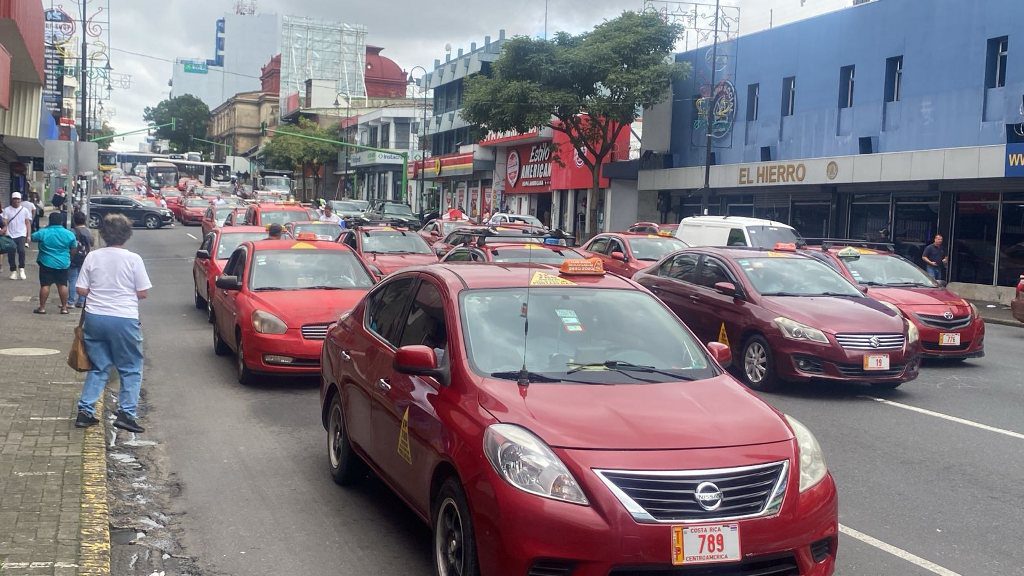Q COSTARICA (EFE) Panama’s President José Raúl Mulino met on Monday with executives from Mizuho Bank, one of Japan’s leading banks interested in financing several infrastructure projects in Panama, including the train that will connect Panama City to the border with Costa Rica.
Mulino announced at the meeting, which took place in New York as part of his presidency of the UN Security Council* during this month, August 2025, that the train will have “a system for transporting commercial cargo and passengers that will not only connect Panama but also the rest of Central America,” according to official information.
In addition, Mulino “emphasized the important infrastructure projects” of his administration, including “rescuing” Panama’s largest landfill “with new recycling technology” and “the rehabilitation of the Inter-American Highway,” in addition to the train, which is “a key element for the future of Panama’s logistics infrastructure.”
Future Panama Canal projects were also discussed at the meeting, the presidential statement stated, without providing further details.
The executive director of Mizuho Bank, Shuji Matsuura, told Mulino “that the purpose of this global corporation is to explore strategic financing priorities for Panama and identify innovative long-term solutions that support the country’s infrastructure and development agenda,” the Panamanian presidency emphasized.
On behalf of Mizuho Bank, Matsuura was accompanied by Mark Tuttle, director of Banking for Latin America; Edgar Liévano, director of Markets for Latin America; and Rafael Borjas, an executive from the Japanese bank.
While the foreign minister, Javier Martínez-Acha; Canal administrator Ricaurte Vásquez; Secretary of Goals and Minister of the Canal, José Ramón Icaza; and Panama’s ambassador to the United States, José Miguel Alemán, accompanied Mulino.
The ambitious railway project, proposed by Mulino as one of his key promises during his election campaign, consists of a train connecting Panama City with the border to Costa Rica, passing through the city of David, the capital of the province of Chiriquí, which borders Costa Rica.
The idea had been promoted by the government of Juan Carlos Varela (2014-2019), who commissioned it to China in 2017 during his first visit to Beijing after the establishment of diplomatic relations between the two countries that same year.
Now, several countries, such as Spain, are interested, and others have already offered loans, such as the United Kingdom and the United States.
Japan is interested in several railway projects in Panama, and last week signed a US$2.486 billion loan for Japan to finance the Central American country’s third metro line, which will pass under the Canal.
In addition, last February, the Japan International Cooperation Agency (JICA) and Panama signed the third loan for US$1.036 billion for the construction of Metro Line 3.
Mulino will also present the Canal project to build a gas pipeline and another for a port on the Pacific to the Japanese government, with a view to “finalizing an agreement to move them forward” during a visit to the Asian country next September.
* Rule 18 of the Security Council’s Provisional Rules of Procedure states: “The presidency of the Security Council shall be held in turn by the members of the Security Council in the English alphabetical order of their names.
Source link
Rico



